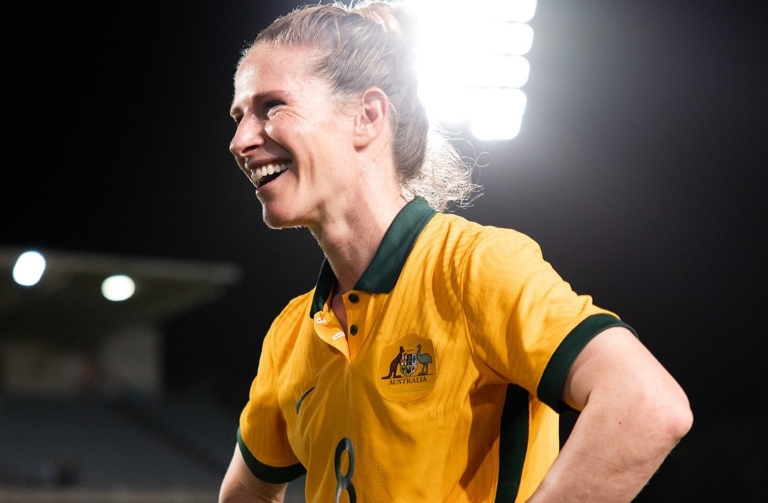20 June 2025
From the highs of representing Australia on the world stage, the return to reality leads many retiring athletes on a long journey to find fulfilment again.

That’s why the Australian Institute of Sport (AIS) has launched a ‘Retired Athlete Peer Support Network’ to help former athletes navigate life after sport.
“Our athletes have so much to contribute beyond the podium and we are determined to see the sport sector and broader industries reap the benefits of their unique skill set,” Minister for Sport, The Hon Anika Wells MP said.
“The Retired Athlete Peer Support Network is another example of our commitment to a culture of challenge and care which allows athletes to perform at their best and grow beyond their identity as "sportspeople”.
“The Albanese Government backs our athletes from playground to podium to post-sporting life.”
Strengthening support systems for alumni athletes is long overdue- according to Australian Sports Commission Executive General Manager of AIS Performance, Matti Clements.
“As a sector we do a good job of supporting athletes while competing, now we are supporting them throughout all the stages of their career,” Clements said.
“For many athletes, transitioning out of sport can be distressing, especially when it’s unexpected and can lead to complex mental health issues or an identity crisis.
“We owe it to these individuals who have dedicated their lives to representing Australia on the world stage to make the transition out of the limelight easier for them. That’s part of the Win Well ethos- supporting athletes’ holistic development.”
The Retired Athlete Peer Support Network is underpinned by Australia’s High Performance Strategy: Win Well which has a strong focus on supporting the entire athlete lifecycle.
It complements the existing suite of support services for retired athletes which includes access to free mental health services, career and financial support.
This new initiative is backed by academics and psychologists.
The next intake kicks off mid-July, with a handful of spots left for athletes to register.
Matildas great Elise Kellond-Knight, four-time Olympic Water Polo star Bronwen Knox and five-time national rowing champion Cameron Girdlestone took part in the pilot program. There was such high demand, it reached capacity within three weeks.
For Kellond-Knight, the timing was everything.
“I had just retired from professional football and felt like a huge part of my identify was gone. But being able to connect with other athletes was the most powerful thing for me,” Kellond-Knight shared.
“It helped me realise that life after sport can be just as fulfilling and confirmed that I’d made the right decision.”
The sessions are athlete-led, allowing the group to delve into topics that matter most to them and support one another.
Former Aussies Stinger Madeleine Steere joined the pilot program seeking career guidance.
“One of the biggest challenges I faced while retiring from sport was finding a new role that I was equally passionate about,” Steere said.
“This network provided me with emotional support, practical advice and professional networking opportunities that ultimately changed the course of my life,” Steere said, referencing how she found her new “dream job” with a global medical technology corporation.
“Transitioning out of elite sport brings many unique challenges that you can never be fully prepared for. This network ensures you’re not experiencing those challenges alone. No matter where you are in your transition, this network can help support you.”
The AIS is also hosting face-to-face alumni networking events in every capital city from July onwards. All retired athletes are invited to attend- regardless of whether they are part of the Peer Support Network.